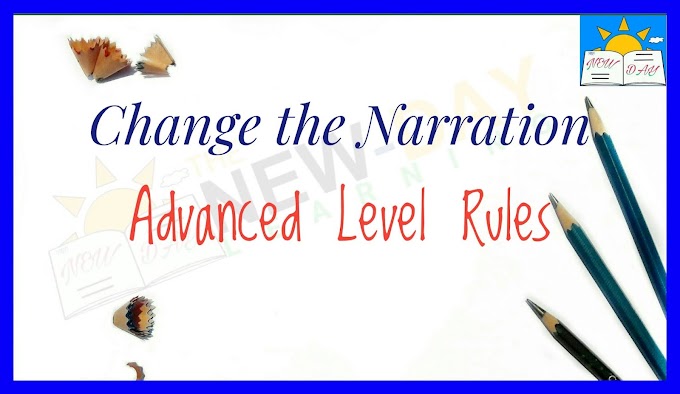Now we'll be discussing finite verbs and Non-finite verbs.
Finite and Non-finite verbs
Look at the sentences below –
1) I love to read.
2) We want to swim.
3) He loves singing.
4) She loves dancing.
5) She saw a moving car.
6) I see a running train.
In the sentences above, the verbs love, want, loves, loves, saw, see are finite verbs.
And to read, to swim, singing, dancing, moving, running are non-finite verbs.
—
What is a finite verb?
When a verb is used according to its subject and tense then it is a finite verb.In other words, if a verb changes its form according to its subject and tense then it is a finite verb.
In those sentences, the verbs love, want, loves, loves, saw, see change their forms with subject and tense; therefore, we can say, these verbs are used here as finite verbs.
How does a finite verb change its form with tense and subject?
Go is the first form of the verb go.
| I go to school. | Present indefinite tense. |
| He goes to school. | Go becomes goes as the subject changes. |
| I went to school. | Go becomes went as the tense is a past indefinite. |
| I have gone to school. | Go becomes gone as the tense is present perfect. |
Eat is the first form of the verb Eat.
| I eat rice. | Present indefinite tense. |
| He eats rice. | Eat becomes eats as the subject changes. |
| I ate rice. | Eat becomes ate as the tense is a past indefinite. |
| I have eaten rice. | Eat becomes eaten as the tense changes to perfect. |
What is a non-finite verb?
When a verb in a sentence does not change its form according to subject or tense, it is a non-finite verb.In those sentences, the verbs to read, to swim, singing, dancing, moving, running do not change their forms.
Examples of non-finite verb:
| I love to sing. | I love singing. | I see a moving car. |
| He loves to sing. | He loves singing. | He sees a moving car. |
| They loved to sing. | They loved singing. | They saw a moving car. |
To sing in the first column, singing in the second column, moving in the third column are non-finite verbs.
Non-finite verbs are of three types –
• Infinitive [to + V1],
• Participle [V1 + -ing or V1+ -ed/en],
• Gerund [verb + -ing].





%20(1).webp)


%20(1).webp)
0 Comments
Leave a comment